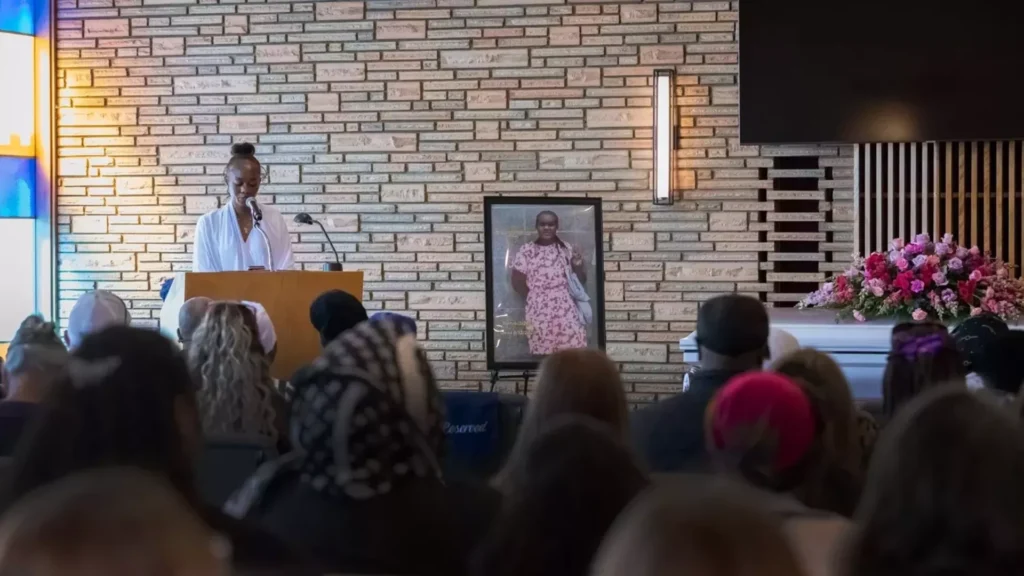Improving college student mental health: Research on promising campus interventions

The Journalist’s Resource by Denise-Marie Ordway, September 13, 2024: Hiring more counselors isn’t enough to improve college student mental health, scholars warn. We look at research on programs and policies schools have tried, with varying results.
If you’re a journalist covering higher education in the U.S., you’ll likely be reporting this fall on what many healthcare professionals and researchers are calling a college student mental health crisis.
An estimated 49% of college students have symptoms of depression or anxiety disorder and 14% seriously considered committing suicide during the past year, according to a national survey of college students conducted during the 2022-23 school year. Nearly one-third of the 76,406 students who participated said they had intentionally injured themselves in recent months.
In December, U.S. Surgeon General Vivek Murthy issued a rare public health advisory calling attention to the rising number of youth attempting suicide, noting the COVID-19 pandemic has “exacerbated the unprecedented stresses young people already faced.”
Meanwhile, colleges and universities of all sizes are struggling to meet the need for mental health care among undergraduate and graduate students. Many schools have hired more counselors and expanded services but continue to fall short.
Hundreds of University of Houston students held a protest earlier this year, demanding the administration increase the number of counselors and make other changes after two students died by suicide during the spring semester, the online publication Chron reported.
In an essay in the student-run newspaper, The Cougar, last week, student journalist Malachi Key blasts the university for having one mental health counselor for every 2,122 students, a ratio higher than recommended by the International Accreditation of Counseling Services, which accredits higher education counseling services.
But adding staff to a campus counseling center won’t be enough to improve college student mental health and well-being, scholars and health care practitioners warn.
“Counseling centers cannot and should not be expected to solve these problems alone, given that the factors and forces affecting student well-being go well beyond the purview and resources that counseling centers can bring to bear,” a committee of the National Academies of Sciences, Engineering, and Medicine writes in a 2021 report examining the issue.
Read more from The Journalist’s Resource here.




